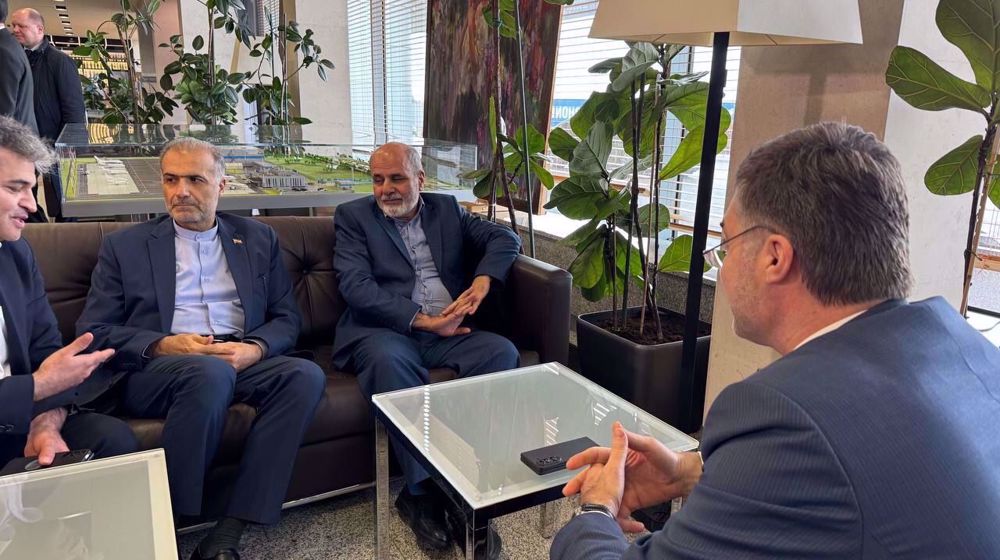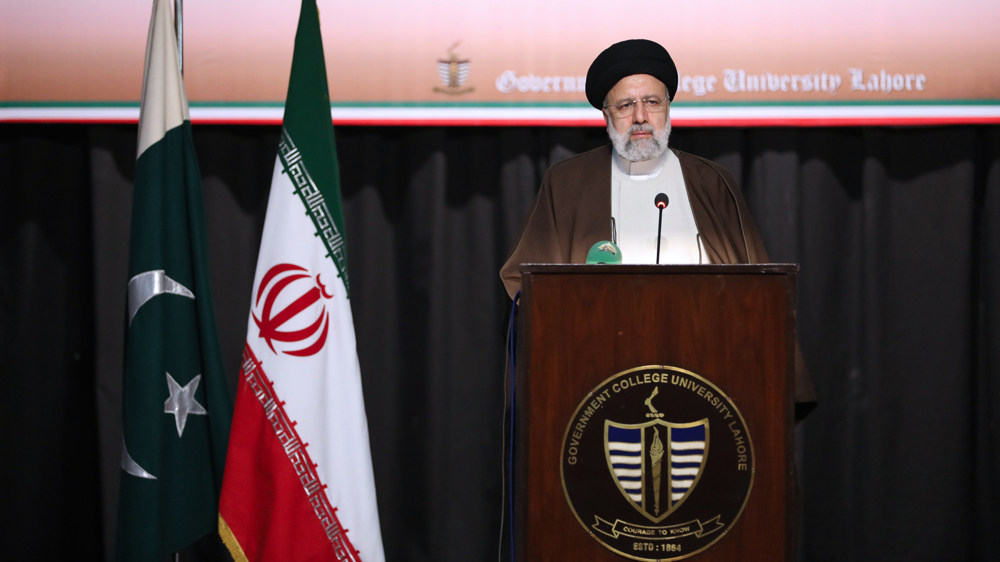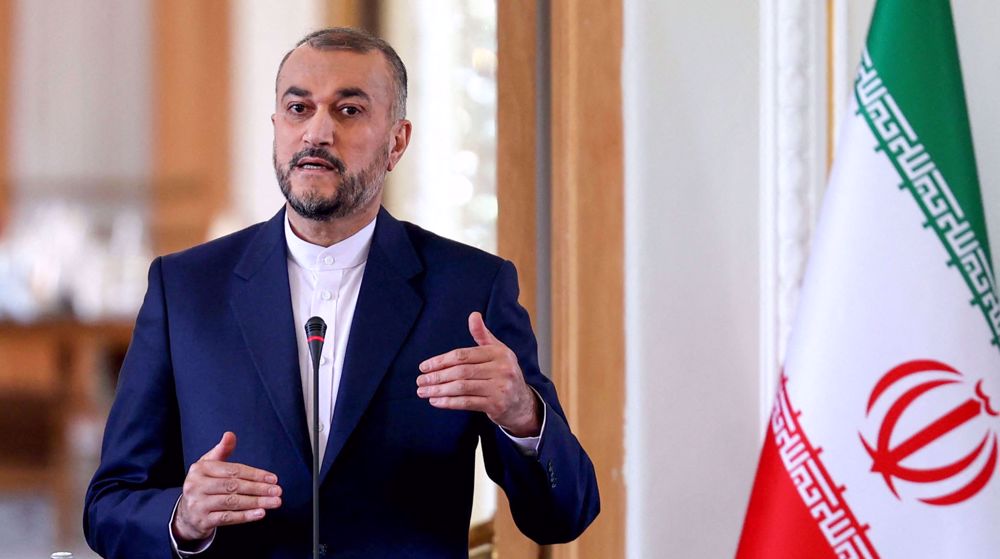NAM urges reforms in UN Security Council structure
The Non-Aligned Movement (NAM) has urged comprehensive reforms in the structure of the United Nations Security Council (UNSC) as an influential international body tasked with safeguarding international peace and security.
Iran’s Foreign Minister Mohammad Javad Zarif, speaking on behalf of NAM, urged the democratization of the UNSC and the implementation of reforms in the structure of the body, as well as the expansion of the Council’s structure in such a way as to facilitate the enhanced presence of developing countries.
The top Iranian diplomat made the comments at a meeting that marked the 70th anniversary of the establishment of the UN in New York on Thursday.
Iran holds the rotating presidency of the Non-Aligned Movement.
Zarif expressed NAM’s concern about the cases where the UNSC has failed to fully meet its obligations to confront genocides, crimes against humanity, war crimes, and the violation of ceasefires between warring sides.
“In cases where the Security Council does not fulfill its main responsibility to protect and safeguard international peace and security, this [task] should be taken over by the General Assembly to adopt the necessary measures to deal with the aforementioned challenges in line with the United Nations Charter,” Zarif said.
‘Use of force must be based on UN Charter’
In his Thursday remarks, Zarif further said that, despite their shortcomings, the UN, its Charter, and international laws are always considered to constitute a collective core of regulations for addressing pressing international issues and the challenges facing the today world.
NAM reiterates that the UN Charter does “include sufficient content addressing the use of force for safeguarding international peace and security,” he noted, adding that following up on the process to authorize such an application of force through the UNSC needs to be in line with the Charter.
‘Sanctions, source of concern’
Elsewhere in his remarks, the Iranian foreign minister said that the imposition of sanctions by the UNSC is one of the “issues of serious concern” for the member states of NAM.
He said that, based on the UN Charter, sanctions can be applied only after peaceful means have failed to resolve disputes.
“Even under such circumstances,” Zarif said, “the short- and long-term impacts of the sanctions must be taken into consideration.”
NAM was founded in former Yugoslavia in 1961. Its members represent nearly two-thirds of the United Nations members and hold 55 percent of the world population. Its purpose as stated in the Havana Declaration of 1979 is to ensure “the national independence, sovereignty, territorial integrity and security of non-aligned countries.”
‘UNGA must step in’
Speaking to Press TV’s website from Paris, international human rights lawyer Arno Develay said the United Nations General Assembly (UNGA) had to weigh in on the cases where the world body has to decide whether to authorize the use of force.
He referred to the occasions where countries had proceeded to wage military action in conflict zones without a UNSC mandate and suggested, “In order to prevent further damage to the rule of law, the UNGA should thus be allowed to step in and have a say in matters of war and peace in order to prevent grave breaches of international law wherever these are reputed to occur.”
Develay also remarked on the demand made by NAM for the UNSC to undergo reforms, saying it is not the first time such reformation is being proposed. “This debate has been going on for years, with proposals being floated.”
He said, however, that, “Thus far, no consensus has unfortunately been reached allowing for these reforms to take place.”
200 days of Israeli war on Gaza and 200 headlines whitewashing genocide
Iran’s security chief in Russia to underline Israel’s aggression
VIDEO | Smoke rises from Gaza as fighting continues
ICRC decries escalating Israeli raids across occupied West Bank
Israel still prevents food convoys from reaching north of Gaza: UNRWA
NYPD arrests multitude of pro-Palestine students at NYU campus
Iran’s decisive response to Israel disrupted enemy’s equations: Hamas
Iran releases details of confiscated Israeli transit cargo










 This makes it easy to access the Press TV website
This makes it easy to access the Press TV website